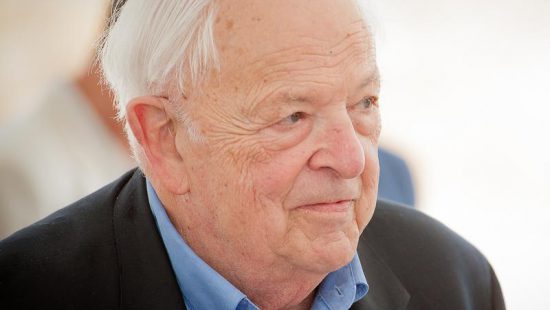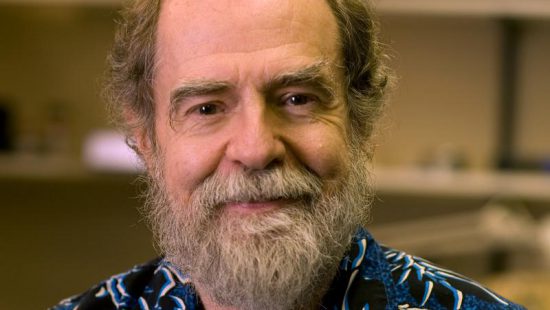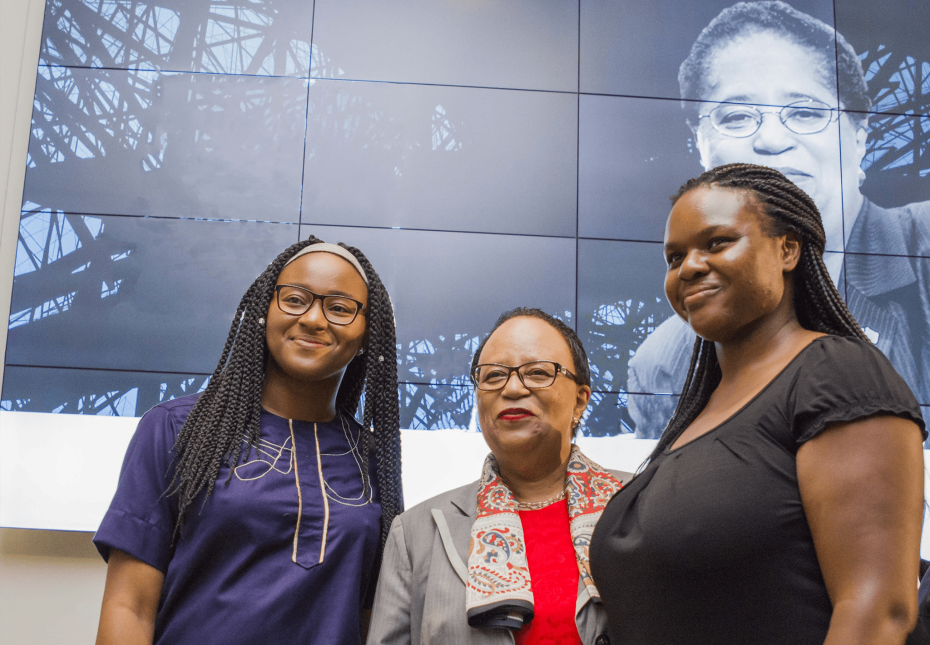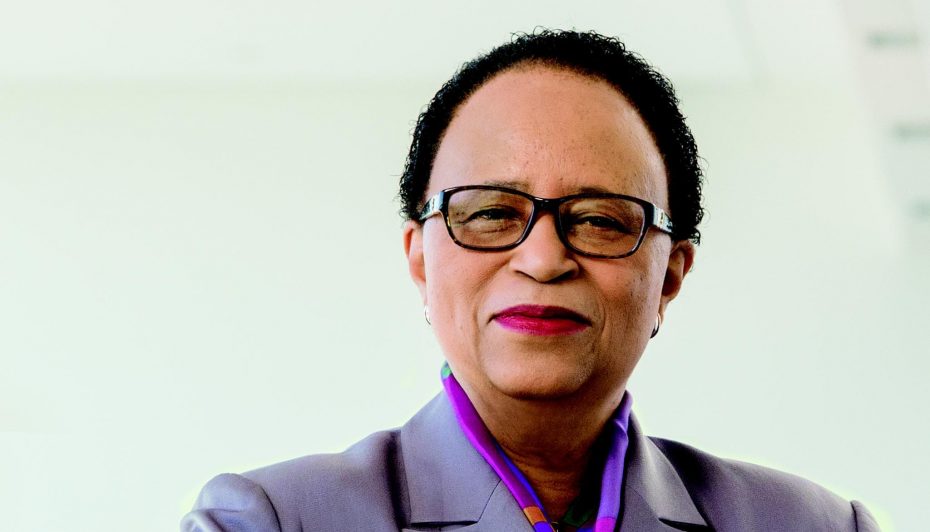Like any good scientist, Frederick Seitz questioned everything – even things that weren’t his expertise. “Individual curiosity, often working without practical ends in mind, has always been a driving force for innovation,” he wrote. With this attitude, Seiz – a physicist – co-founded the George C. Marshall Institute to explore scientific issues affecting public policy.
In the 1990s, he publicly questioned the theory of global warming, leading skeptics with his contrarian arguments about the benign nature of carbon dioxide, a primary greenhouse gas.
Scientifically, however, Seitz was a pioneer of solid-state physics – a field of study that has led to the discovery of transistors, semiconductive metals used in the electronics that power our lives.
As a graduate student at Princeton, Seitz helped his teacher Eugene Wigner develop a method for calculating the cohesive energy of metal. The discovery helped launch a career that yielded several books, including “The Modern State of Solids” in 1940.







